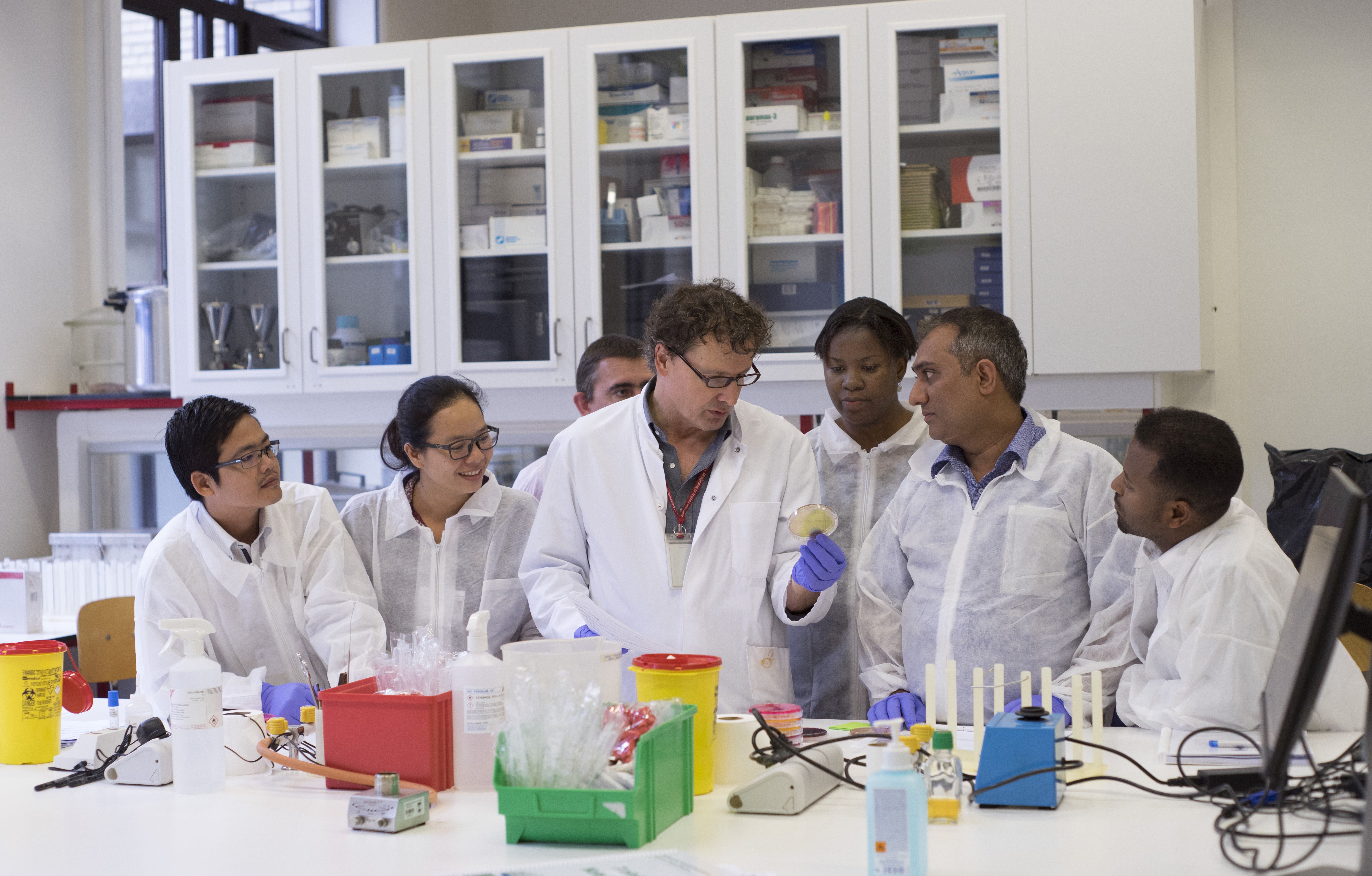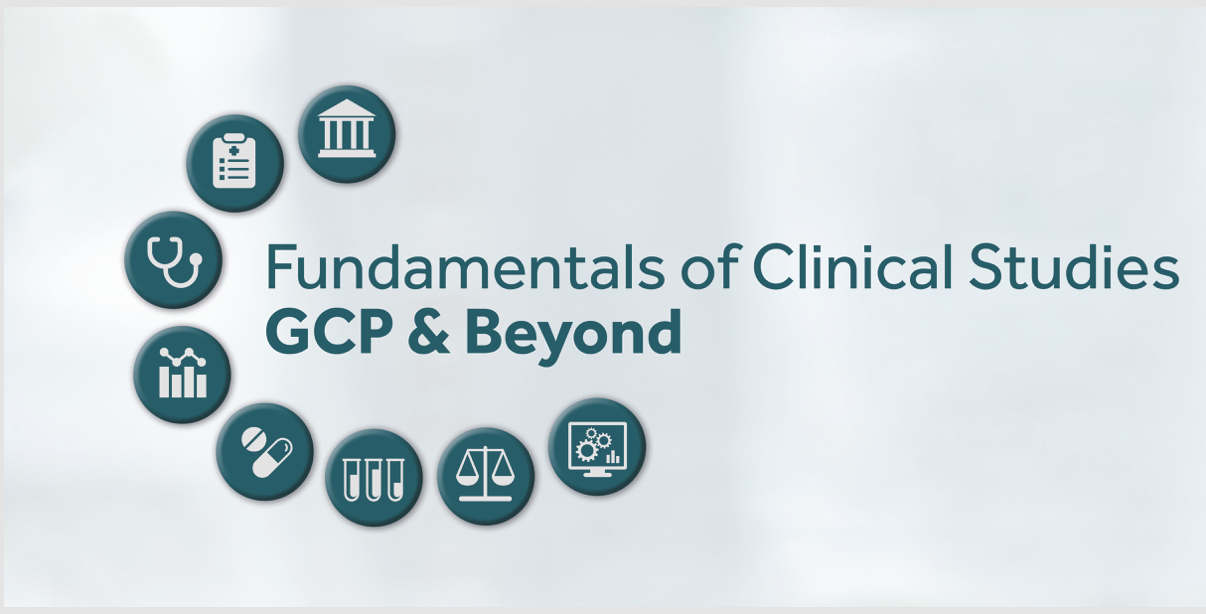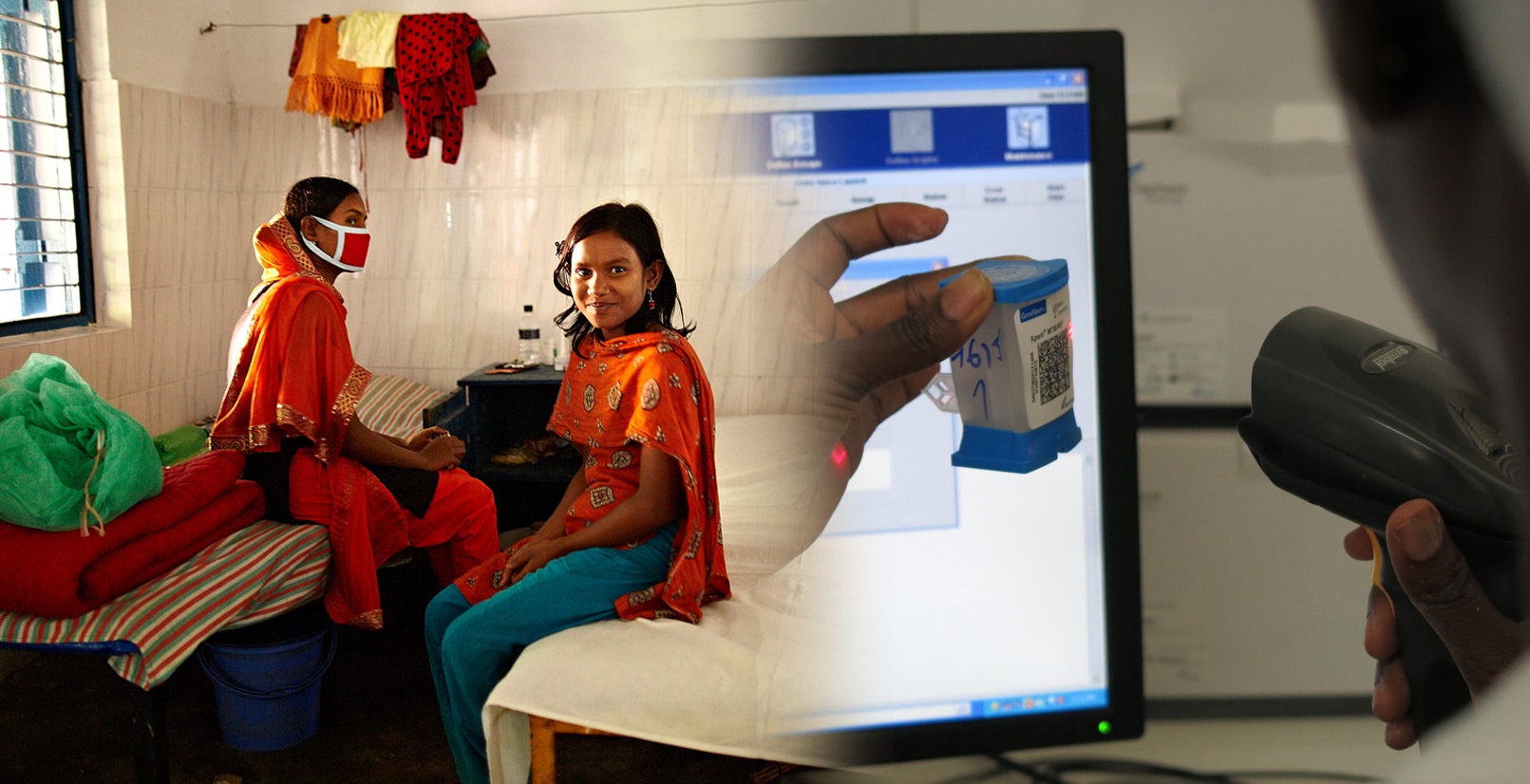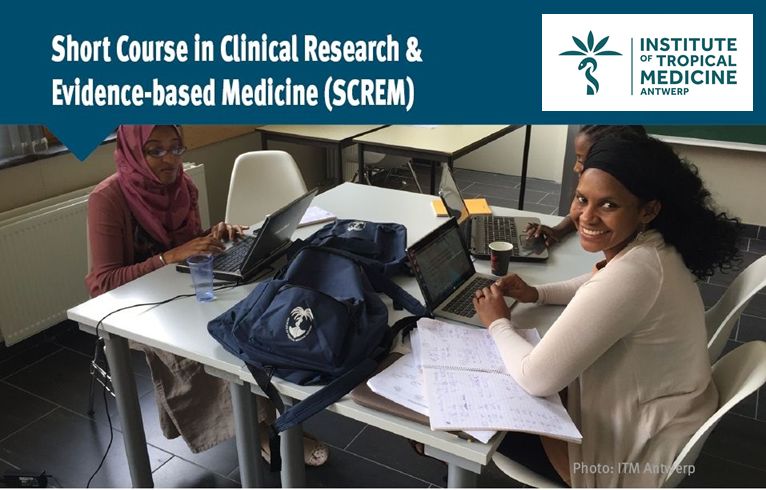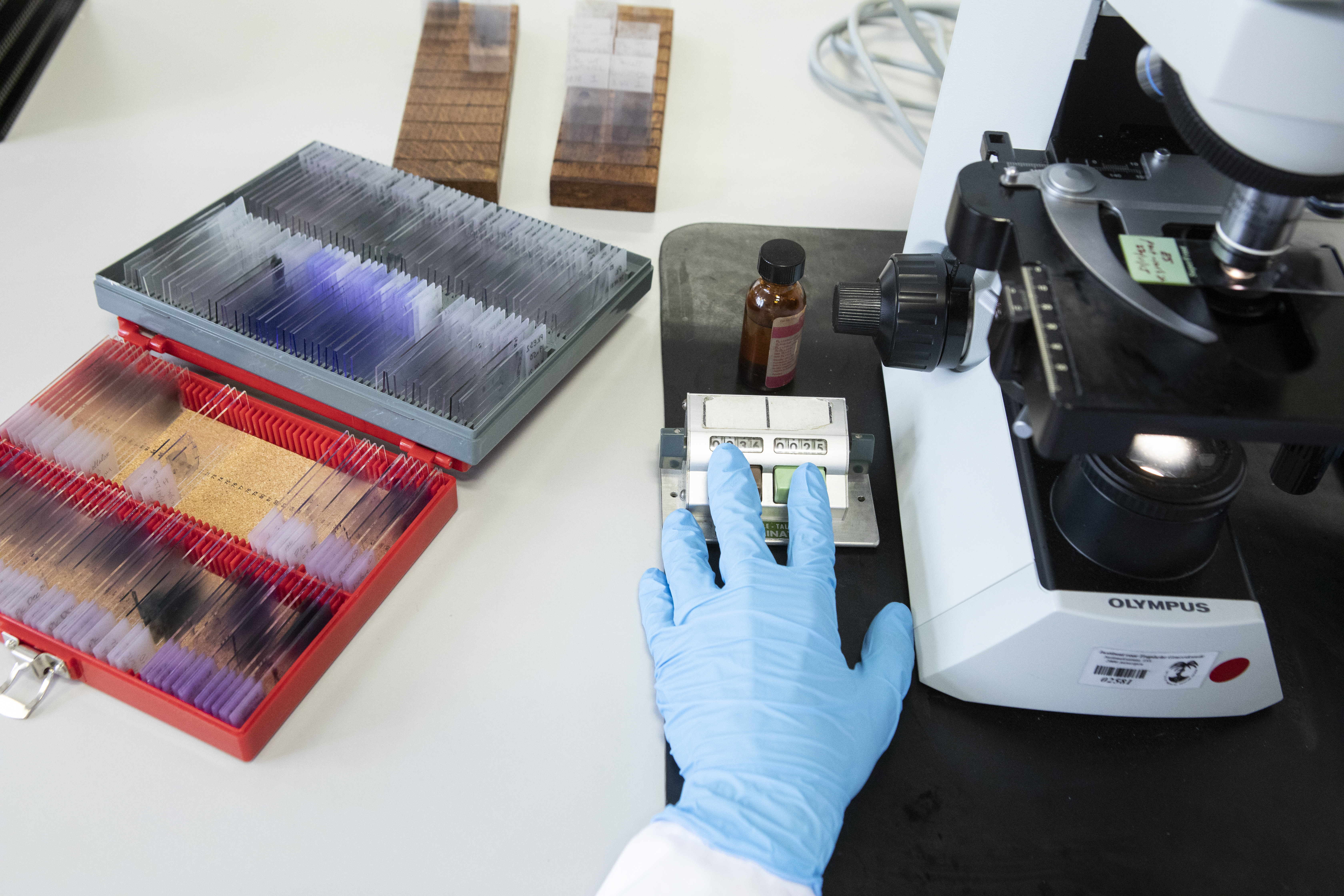
Introduction
FiMAB is an international training programme by the Institute of Tropical Medicine and VLIR-UOS (Belgium) that supports the implementation of targeted NGS AmpliSeq assays to strengthen malaria molecular surveillance (MMS) that can guide national control programmes. Through F2F laboratory- and bioinformatic training at the Institute of Tropical Medicine (Antwerp) planned in 2024, young academics of around the globe become familiar with MMS as a key activity to monitor transmission, sources of epidemics and the emergence and spread of drug resistant mutations in the parasite. To provide applicants in background on the subject, we created this digital classroom for the year 2023, which will be used to asses individual progress and participation, one crucial element to be selected for the F2F trainings.
In concert with partners in South-America, Africa and Southeast Asia the Malariology unit at ITM has built on sequencing capacity and a surveillance network with leading public health institutions. To this end, the courses aim to transfer knowledge to potential partners in the South and broaden the global alliance by supporting young academic graduates in endemic countries, our Actors of Change.
What to do?
Below, you can find 4 courses that cover the topics necessary for correct understanding of AmpliSeq. You must learn all, because when using a novel technique it is necessary to identify the field in which it is applied. For this purpose, we go through the challenges in malaria research, the underlying mechanisms, and how AmpliSeq can provide a solution that contributes to the fight against malaria.
How to do?
To complete a course, each participant must go through all content. Be aware, that sometimes you'll need to click on images and read pop-ups & subscripts carefully to access all content. When you think you master the course material, go and proceed to the exercises that are at the end of each topic. Each exercise covers open and closed questions, multiple choice, and will be used to grade your participation, motivation and knowledge. Based on these three aspects, people are invited to the F2F Courses organized at ITM, Antwerp in Belgium 2024.
LETS GET THIS PARTY STARTED!

MID (Molecular Data for Infectious Diseases) is a course for experienced molecular biologists. The course focuses on selection and implementation of appropriate molecular tools for answering clinical and epidemiological questions on infectious diseases in resource-limited settings. The emphasis lies on methods for diagnosing and characterizing viruses, bacteria, parasites, and vectors.

